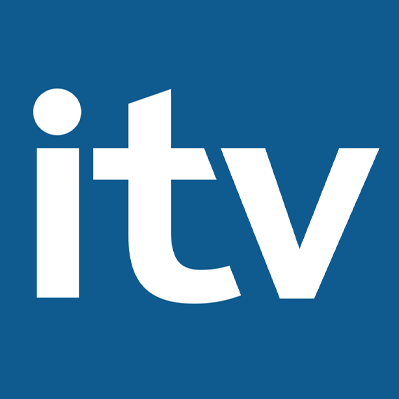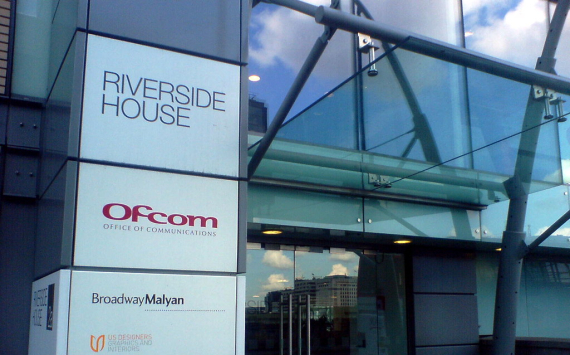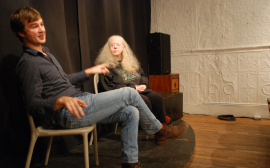Description
ITV is a British free-to-air television network. It was launched in 1955 as Independent Television to provide competition to BBC Television (established in 1936). ITV is the oldest commercial network in the UK. Since the passing of the Broadcasting Act 1990, its legal name has been Channel 3 to distinguish it from the other analogue channels at the time, BBC1, BBC2 and Channel 4.
ITV was for four decades a network of separate companies which provided regional television services and also shared programmes between each other to be shown on the entire network. Each franchise was originally owned by a different company. After several mergers, the fifteen regional franchises are now held by two companies: ITV plc, which runs the ITV channel, and STV Group, which runs the channel STV.
The ITV network is a separate entity from ITV plc, the company that resulted from the merger of Granada plc and Carlton Communications in 2004. ITV plc holds the Channel 3 broadcasting licences for every region except for central and northern Scotland, which are held by STV Group.
Today ITV plc simply commissions the network schedule centrally – programmes are made by its own subsidiary ITV Studios and independent production companies. Regional programming remains in news and some current affairs series.
In Northern Ireland, ITV plc used the brand name UTV as the name of the channel until April 2020. This was the name used by former owner UTV Media (now known as Wireless Group). ITV plc bought UTV in 2016.
Although the ITV network's history goes back to 1955, many regional franchisees changed over the years. Some of the most important names in the network's past – notably Thames, ABC and ATV – have no connection with the modern network.
History
The origins of ITV lie in the passing of the Television Act 1954, designed to break the monopoly on television held by the BBC Television Service. The act created the Independent Television Authority (ITA, then IBA after the Sound Broadcasting Act) to heavily regulate the industry and to award franchises. The first six franchises were awarded in 1954 for London, the Midlands and the North of England, with separate franchises for Weekdays and Weekends. The first ITV service to launch was London's Associated-Rediffusion on 22 September 1955, with the Midlands and North services launching in February 1956 and May 1956 respectively. Following these launches, the ITA awarded more franchises until the whole country was covered by fourteen regional stations, all launched by 1962.
The network has been modified several times through franchise reviews that have taken place in 1963, 1967, 1974, 1980 and 1991, during which broadcast regions have changed and service operators have been replaced. Only one service operator has ever been declared bankrupt, WWN in 1963, with all other operators leaving the network as a result of a franchise review. Separate weekend franchises were removed in 1968 (with the exception of London) and over the years more services were added; these included a national breakfast franchise from 1983 onward—operating between 6:00 am and 9:25 am—and a teletext service. The Broadcasting Act 1990 changed the nature of ITV; the then regulator the IBA was replaced with a light-touch regulator, the ITC; companies became able to purchase other ITV regional companies and franchises were now being awarded based upon a highest-bidder auction, with few safeguards in place. This heavily criticised part of the review saw four operators replaced, and the operators facing different annual payments to the Treasury: Central Television, for example, paid only £2,000—despite holding a lucrative and large region—because it was unopposed, while Yorkshire Television paid £37.7 million for a region of the same size and status, owing to heavy competition.
Following the 1993 changes, ITV as a network began to consolidate with several companies doing so to save money by ceasing the duplication of services present when they were all separate companies. By 2004, the ITV network was owned by five companies, of which two, Carlton and Granada had become major players by owning between them all the franchises in England, Wales, the Scottish borders and the Isle of Man. That same year, the two merged to form ITV plc with the only subsequent acquisitions being the takeover of Channel Television, the Channel Islands franchise, in 2011; and UTV, the franchise for Northern Ireland, in 2015.

























